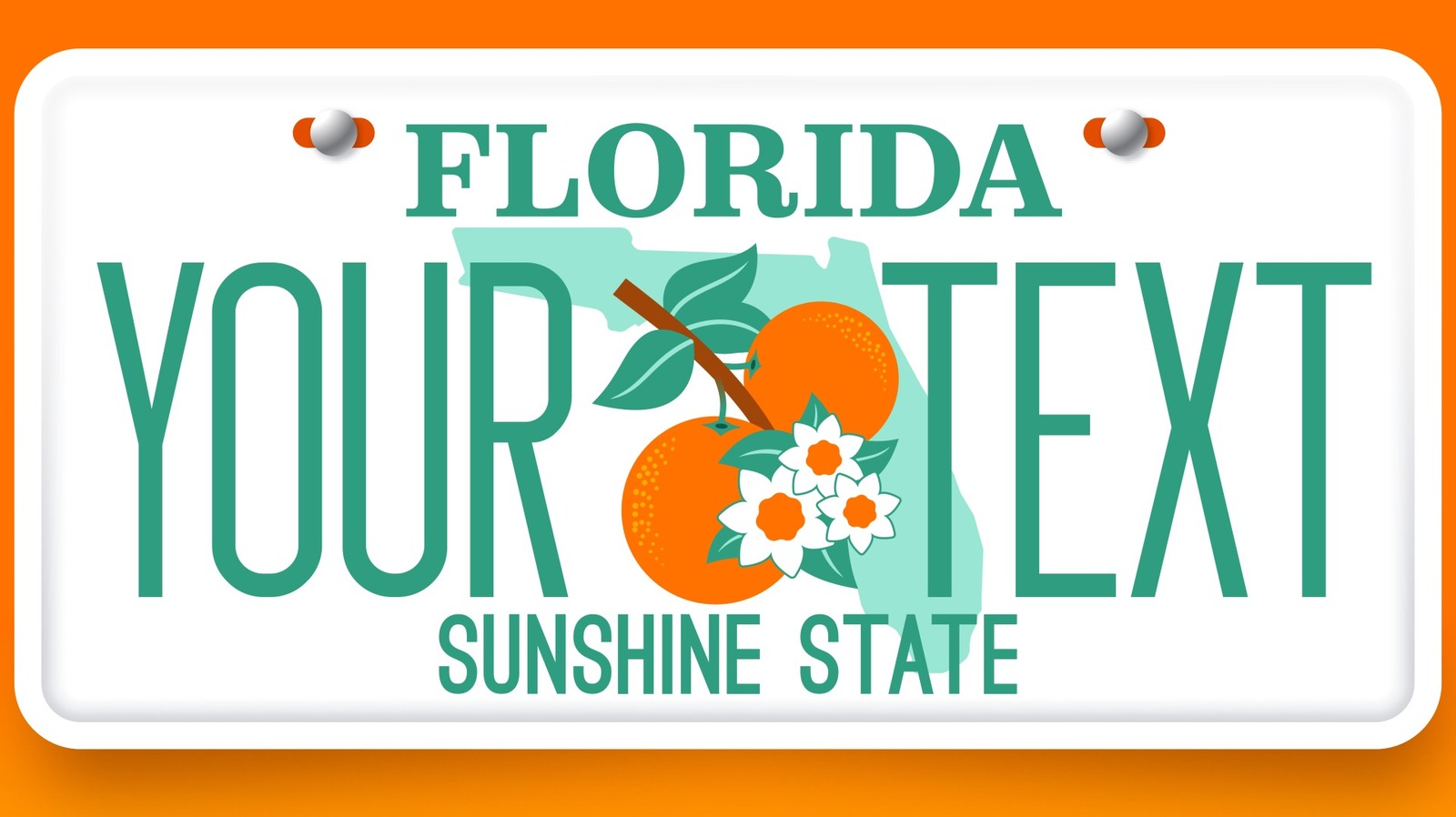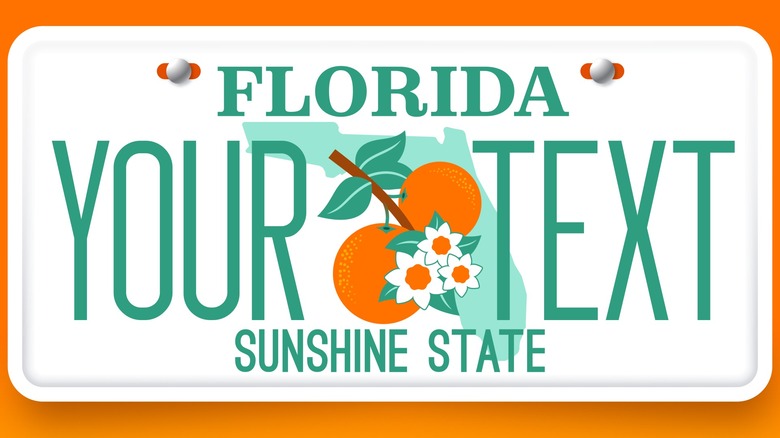Cheapskates have long used a gadget known license plate flippers to avoid paying tolls. To some, skipping out on paying to drive on toll roads may seem akin to the story of Robin Hood, but more hardened criminals also use license plate flippers to hide their identities.
While most states have laws on the books making it illegal to alter or hide a vehicle’s license plate, Orlando Florida’s News 6 reports a new set of laws (HB 253) in the Sunshine State make doing so a more serious offense.
“HB 253 also says that alterations to license plates now constitute a second-degree misdemeanor, rather than a noncriminal traffic violation.
This applies to any of the following situations:
Mutilating or defacing a registered license plate
Changing the plate’s color
Applying reflective material, spray, covering or anything else that can obscure the plate
Attaching an illuminated device that can prevent someone from reading the plate”
Just purchasing or owning a “license plate obscuring device” in Florida is now a second-degree misdemeanor that could land you 60 days in jail plus fines up to $500. People found guilty of “creating or selling” such a device, a first-degree misdemeanor can go to jail for a year along with a $1,000 fine. Using a device to obscure your license plate while committing a crime is a third-degree felony with fines up to $5,000 and five years in prison.
Other states with laws against obscuring license plates
Laws in other states, such as Tennessee, Pennsylvania, Washington, and Texas (although Texans could be justified in hiding one of the worst state license plate designs), are imposing stiffer penalties for obscuring a vehicle’s license plate as well. While devices used for hiding license plates originally had benign uses, a growing trend sees them used more frequently by criminals, according to Stateline.
“License plate flippers are commonly used for aesthetic purposes at auto shows, where they allow drivers to switch between custom or decorative plates. But across the country, thousands of drivers also flip or cover their license plates to evade detection — whether by law enforcement, toll systems or automated speed cameras.”
Tennessee’s anti-plate-flipping law went into effect in July 2024, under which buying or possessing a license plate flipper is classified as a Class B misdemeanor. In addition, the law specifies a Class A misdemeanor-charge for anyone who “acts with criminal negligence and manufactures, sells, offers to sell, or otherwise distributes a license plate flipper.”
The Tennessee law describes a license plate flipper as any manual, electronic, or mechanical device that allows a motor vehicle operator to obscure the vehicle’s license plate. Obscuring a license plate includes alternating between two or more plates, hiding the plate from view, or making the license numbers “not visible.”
The moral of the story? Don’t do illegal stuff unless you’re ready for the penalty.




